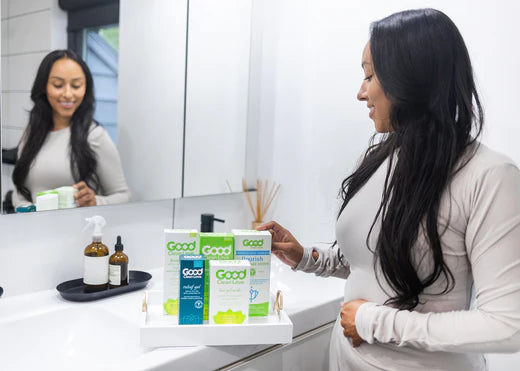“Only connect.” -E. M. Forster
I grew up as part of the “Me Generation” and although I didn’t understand its implications at the time, in hindsight I sometimes wonder how our collective singular focus on our own needs and desires impacted the lifestyle and relationship choices which we currently find ourselves a part of. Was it the “Me Generation” that fostered the ease and frequency of divorce? How did we contribute to the death of family structures that had so long held us? The answers to these questions is living in what has been coined the “Alone Together” generation that we have raised. Our vast technological leaps has turned the dystopian into the utopian- our devices keep us ever connected but always at the distance of our choice. By fulfilling its promise to never let us feel alone, it has created a whole new pervasive form of loneliness that many are coming to know as normal.
Shared meals, long held up as a crucial bonding link to anchor our days together have degenerated to a field of constant interruptions. Even out at nice restaurants it is not uncommon to see a couple looking at their devices instead of at each other. It is rare indeed to find a group of people entirely immersed with the people around them. The lure of who else might be waiting for us somewhere else, trying to connect with us, has become the new silent addiction, which keeps us ever caught between the people we are with and this other world that pulls at us. We who still have memories of long summer nights spent fully immersed in street games and catching fireflies seem almost a relic of something past, and fast disappearing. The capacity to be bored, or annoyed or enchanted with our company and not leave is a foundational skill in maintaining relationships. Holding still with the uncomfortable pause or moving beyond the careless remark in the context of social exchanges taught us how to co-exist. Even, and maybe more importantly, when the distant connections of the world could only come in through the phone on the kitchen wall, we learned how to be alone with ourselves.
Not so for this new generation of alone togethers, who don’t even perceive the constant pinging of their devices as distractions. They are accustomed to having 4 or 6 or even 10 conversations via text simultaneously. Often when I walk into my teenage daughter’s room when her friends are over, I usually find them huddled on and around her bed, each with their eyes on their phone screens, fingers speeding across the keyboard. They talk and laugh with each other between the dings, each in their own universe, together. And it isn’t just teens that have come to this kind of co-existence, but parenting has also taken a huge hit from the persistent device distractions that pull us away from the full attention that young children need to feel seen and known. Likewise, I remember the seemingly endless days of child’s play and the feeling like there must be more for me. I know if I had had a device back then that much of the time that I spent on the floor with my kids would have slipped away into me chasing after connection that wasn’t there. Truly I am thankful now that my children were born before the devices took over our feeling of connectivity.
So maybe it is no wonder that this new generation that likely grew up with the divided attention of their parents, are now completely enmeshed in sending their experiences out into the world to be seen and witnessed. For the Alone Together generation, and maybe even for us who live near them, our emerging sense of being is now tied to sending out these incessant posts, tweets, photos and texts. In fundamental ways, sending has become inextricably linked with being. Our need to post our life in order to be witnessed even by ourselves is a double-edged sword because, as our need to be seen is linked to others “liking” us, we inadvertently give away our autonomy. Our sense of self becomes diminished by our pervasive need to share everything that makes us who we are.
What has made us human in our personal relationships is changing with the ways that we interact and connect. What will follow this Alone Together generation? I have been working on my own app for a couple of years now, trying to build a technology will point them to the heart of the matter – which is how to master their attention. Can technology ever be powerful enough to bring our focus back to the present with the people we love in real time, in this beautiful, 3D world of the here and now?














